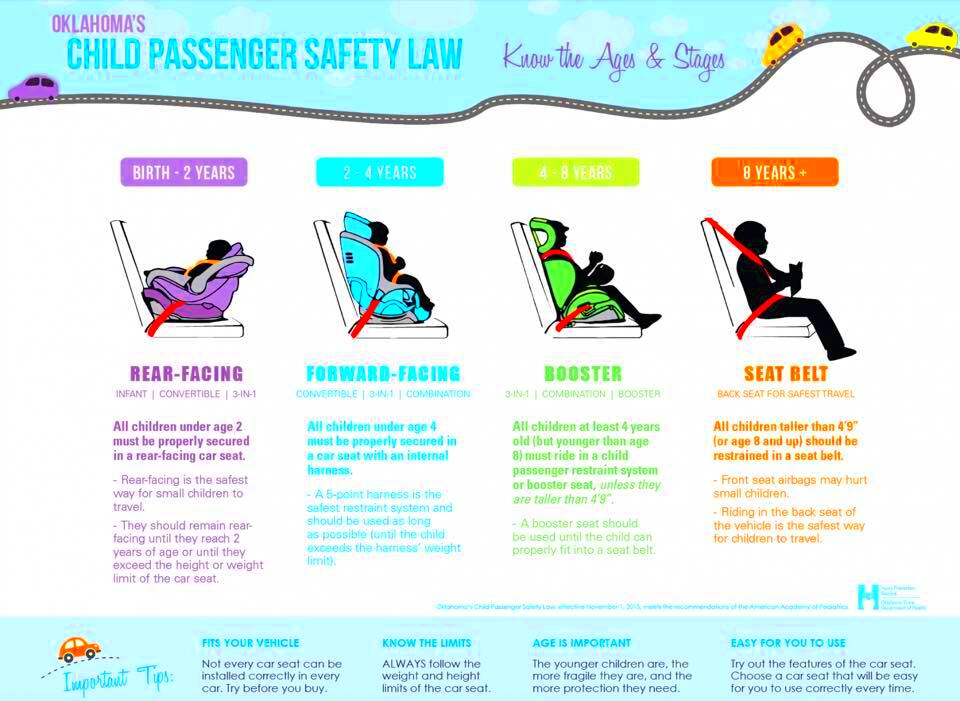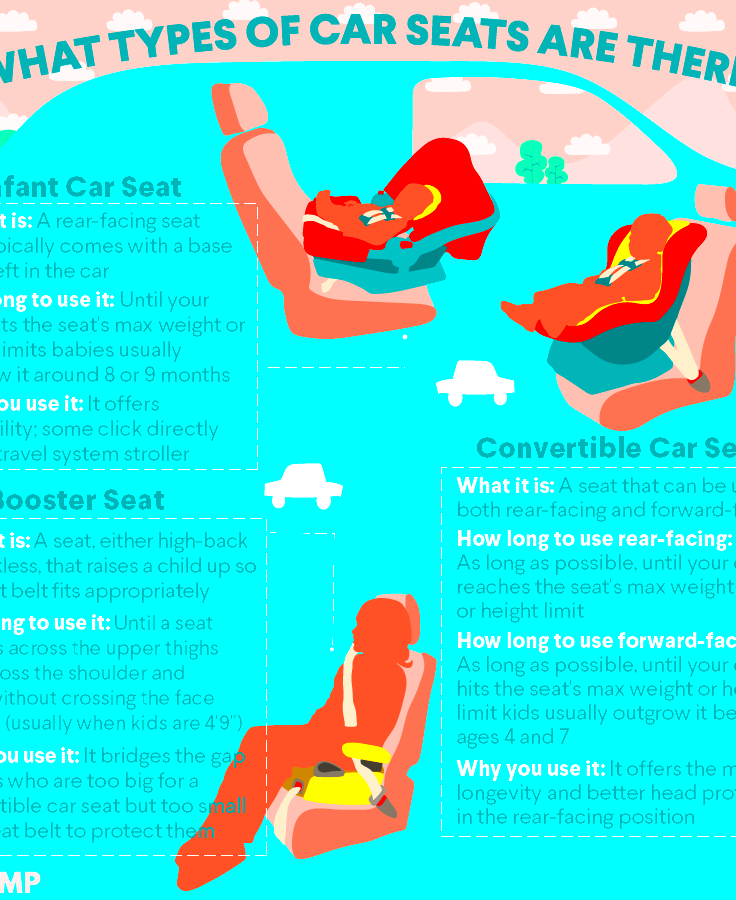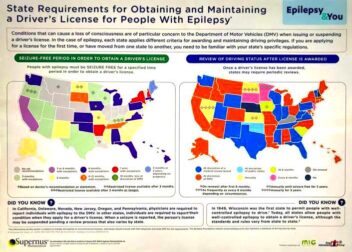A Guide to Booster Seat Laws in Mississippi
Booster seat laws are crucial for ensuring the safety of children in vehicles. In Mississippi, these laws help protect young passengers by requiring the use of booster seats until they reach a certain age and weight. Understanding these regulations is essential for parents and caregivers to keep their little ones safe while traveling.
Importance of Booster Seats for Child Safety

Booster seats play a vital role in child safety during car rides. Here’s why they are important:
- Proper Seatbelt Positioning: Booster seats raise children to ensure that seat belts fit correctly, reducing the risk of injury.
- Crash Protection: They provide additional protection in the event of a collision by distributing forces across a child’s body.
- Developmental Needs: Children’s bodies are not fully developed, making booster seats essential for their safety until they are tall enough for regular seat belts.
- Compliance with Laws: Using booster seats keeps parents in compliance with state laws, avoiding fines and ensuring children’s safety.
Overview of Mississippi Booster Seat Laws

Mississippi has specific laws regarding booster seat use. Here are the key points:
| Age | Weight | Booster Seat Requirement |
|---|---|---|
| Under 4 years | Less than 40 pounds | Must use a car seat |
| 4 to 7 years | 40 to 80 pounds | Must use a booster seat |
| 8 to 12 years | Over 80 pounds | May use a seat belt if it fits properly |
These laws are designed to keep children safe on the road. Parents should always check that their booster seats meet safety standards and that they are installed correctly. It’s essential to stay informed about any changes to these laws to ensure compliance and keep children protected.
Age and Weight Requirements for Booster Seat Use

When it comes to booster seat laws in Mississippi, age and weight are key factors. These requirements are designed to ensure that children are safely secured in vehicles. Here’s a breakdown of the specific age and weight guidelines:
| Age Group | Weight Requirement | Booster Seat Requirement |
|---|---|---|
| Birth to 1 year | Less than 20 pounds | Must use a rear-facing car seat |
| 1 to 4 years | 20 to 40 pounds | Must use a rear-facing or forward-facing car seat |
| 4 to 7 years | 40 to 80 pounds | Must use a booster seat |
| 8 to 12 years | Over 80 pounds | May use a seat belt if it fits properly |
It’s important for parents to regularly check their child’s weight and height to ensure they are using the appropriate seat. The goal is to keep children safe and secure, minimizing the risk of injury in case of an accident. Always follow these guidelines to make sure your little ones are protected while traveling.
Types of Booster Seats Allowed in Mississippi
Not all booster seats are created equal! In Mississippi, there are specific types of booster seats that meet safety standards. Here’s what you need to know:
- High Back Booster Seats: These seats provide head and neck support, making them ideal for younger children who still need additional protection.
- Backless Booster Seats: Suitable for older children who have outgrown high back boosters but still need a lift to ensure proper seat belt positioning.
- Combination Seats: These can function as both a forward-facing car seat and a booster seat, making them versatile as your child grows.
When selecting a booster seat, make sure it complies with federal safety standards. Check for the certification label and ensure that it fits well in your vehicle and securely holds your child. A good fit means better protection in case of an accident.
Fines and Penalties for Non-Compliance
Failing to comply with booster seat laws in Mississippi can lead to serious consequences. Here’s a look at the fines and penalties associated with non-compliance:
- First Offense: Typically results in a fine of up to $100.
- Subsequent Offenses: Fines may increase for repeat violations, reaching up to $500.
- Points on License: In some cases, violations can result in points on the driver’s license, which may affect insurance rates.
Beyond the financial penalties, not using a booster seat puts your child at a greater risk of injury in an accident. It’s essential to follow the laws not just to avoid fines but, more importantly, to protect your child’s safety. Always make sure your child is properly secured in a booster seat that fits their age and weight requirements.
Best Practices for Using Booster Seats
Using a booster seat correctly is essential for your child’s safety while traveling. Here are some best practices to keep in mind:
- Choose the Right Booster Seat: Ensure the booster seat fits your child’s age, weight, and height. Always check the manufacturer’s guidelines.
- Correct Installation: Follow the instructions carefully when installing the booster seat. It should be securely positioned in the back seat of the car.
- Use Seat Belts Properly: Make sure the vehicle’s seat belt fits correctly over your child. The lap belt should sit low across the thighs, while the shoulder belt should cross the shoulder and chest, not the neck.
- Keep Children in Booster Seats as Long as Possible: It’s best to keep your child in a booster seat until they reach 4 feet 9 inches tall and are between 8 and 12 years old.
- Check for Recalls: Regularly check if your booster seat has been recalled and take action if it has.
By following these best practices, you can ensure your child is as safe as possible when riding in a vehicle.
Resources for Parents and Caregivers
Finding reliable information about booster seats and child safety can be overwhelming. Luckily, there are plenty of resources available to help parents and caregivers:
- National Highway Traffic Safety Administration (NHTSA): Their website offers detailed guidelines on child passenger safety and booster seat usage.
- Safe Kids Worldwide: This organization provides education and resources on keeping children safe, including car seat checks and safety tips.
- Local Health Departments: Many local health departments offer car seat safety inspections and can assist with proper installation.
- Online Forums and Support Groups: Websites and social media groups can provide advice and share experiences with other parents.
Utilizing these resources can help you stay informed and make the best choices for your child’s safety.
Frequently Asked Questions
It’s normal to have questions about booster seat laws and usage. Here are some frequently asked questions:
- When can my child switch from a booster seat to a seat belt? Children can switch to a seat belt when they reach 4 feet 9 inches tall and are between 8 and 12 years old, as long as the seat belt fits them properly.
- Do I need a high back or backless booster seat? High back booster seats are recommended for younger children and those who need head and neck support. Backless boosters can be used for older children who fit well in them.
- Can I use a booster seat in the front seat? It is safer for children to ride in the back seat. If they must sit in the front, ensure the airbag is off and that the booster seat is installed correctly.
- What should I do if my booster seat is recalled? If your booster seat is recalled, stop using it immediately and follow the manufacturer’s instructions for returns or replacements.
These FAQs aim to clear up some of the common concerns parents may have about booster seat laws and safety.
Conclusion on Booster Seat Laws in Mississippi
In summary, understanding and following booster seat laws in Mississippi is essential for ensuring the safety of young passengers. Booster seats significantly reduce the risk of injury in car accidents by providing proper seat belt positioning for children who have outgrown their car seats. Parents and caregivers must be aware of the age and weight requirements, the types of booster seats available, and the consequences of non-compliance. By adhering to these laws and utilizing the available resources, families can make informed decisions to protect their children while traveling. Prioritizing safety not only complies with the law but also helps create a secure environment for our loved ones on the road.


